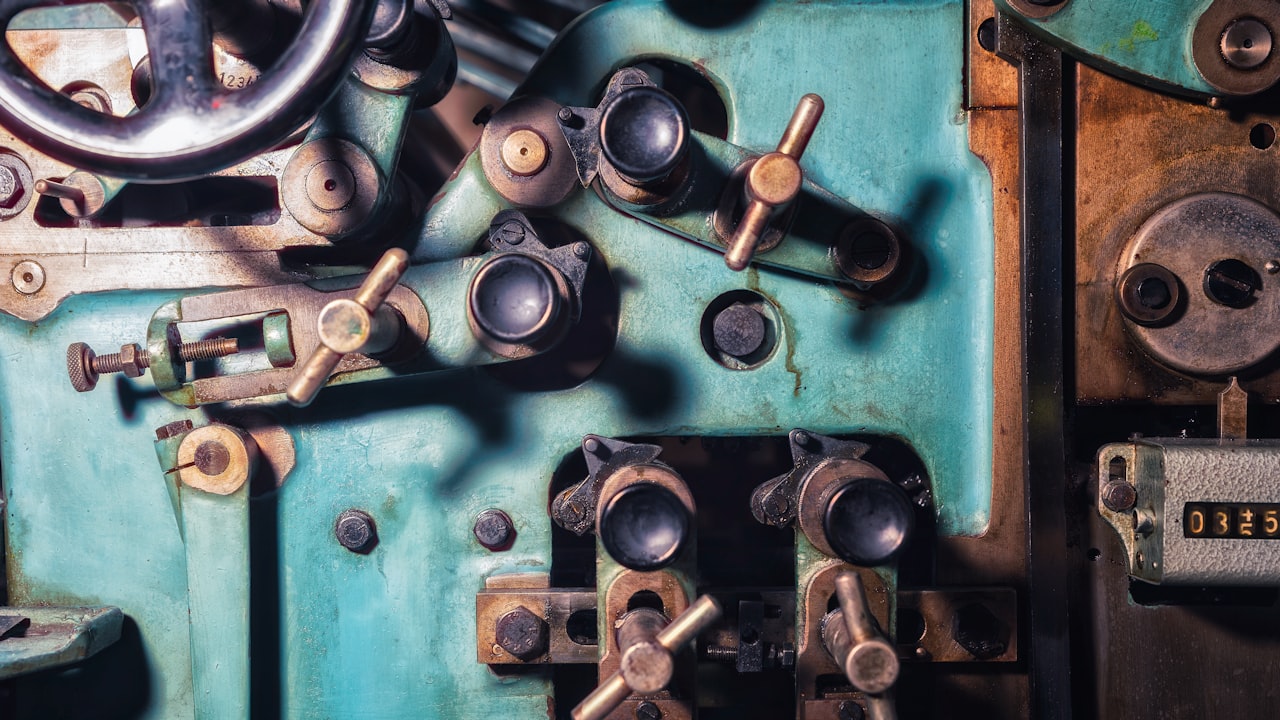 Title: “The Evolution of Pharmaceutical Machinery: Innovations and Advancements in Drug Manufacturing”
Title: “The Evolution of Pharmaceutical Machinery: Innovations and Advancements in Drug Manufacturing”
Pharmaceutical machinery has undergone significant transformations over the years, leading to advancements in drug manufacturing processes. Among the most crucial equipment are the table press machine and capsule filling machine, which play vital roles in the production of medications.
The table press machine, commonly known as TDP (Tablet Press), is a key component in pharmaceutical manufacturing. This machine is utilized to compress powdered materials into tablets of uniform size and weight. With precise control over parameters such as compression force and tablet thickness, table press machines ensure the consistency and quality of the produced tablets. Over time, advancements in technology have enabled the development of high-speed and automated table press machines, enhancing production efficiency and accuracy in drug manufacturing.
In addition to table press machines, capsule filling machines are essential in the pharmaceutical industry. These machines, including the popular THDP (Automatic Capsule Filling Machine), are designed to fill empty capsules with the desired medication. By accurately dispensing the drug formulation into capsules, these machines streamline the process of dosage form preparation. Modern capsule filling machines feature improved capabilities, such as high-speed filling rates and reduced error margins, meeting the escalating demands of pharmaceutical production.
The evolution of pharmaceutical machinery has led to numerous benefits for drug manufacturers. Advanced table press machines and capsule filling machines have significantly increased production capacities, allowing for large-scale manufacturing of tablets and capsules. Moreover, the precision and automation capabilities of these machines have enhanced product quality and consistency, ensuring that each tablet or capsule meets stringent pharmaceutical standards.
Furthermore, the integration of technologies like data monitoring and process control has revolutionized drug manufacturing. Modern pharmaceutical machinery often incorporates features such as real-time monitoring of production parameters and automatic adjustment of settings, optimizing efficiency and minimizing production errors. By leveraging these technological innovations, pharmaceutical companies can achieve higher levels of productivity and product quality in a cost-effective manner.
In conclusion, the evolution of pharmaceutical machinery, particularly table press machines and capsule filling machines, has paved the way for advancements in drug manufacturing. With continuous innovations and technological enhancements, the industry can expect further improvements in production efficiency, product quality, and overall pharmaceutical manufacturing processes. As drug manufacturers embrace these cutting-edge technologies, the future of pharmaceutical machinery looks promising, promising safer and more effective medications for global healthcare needs.





